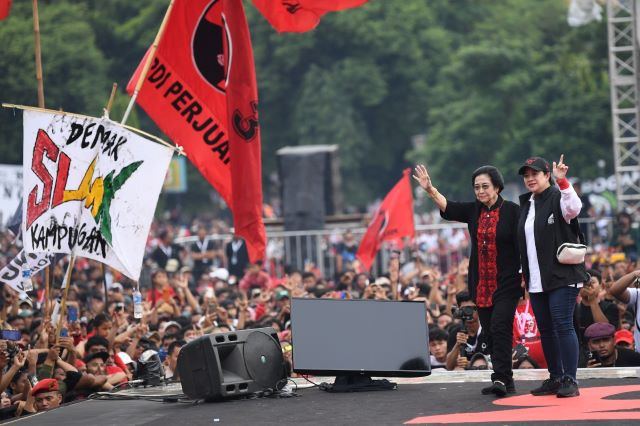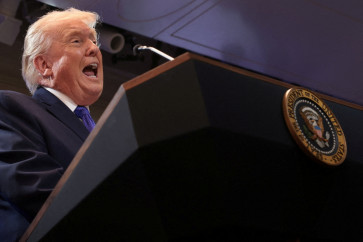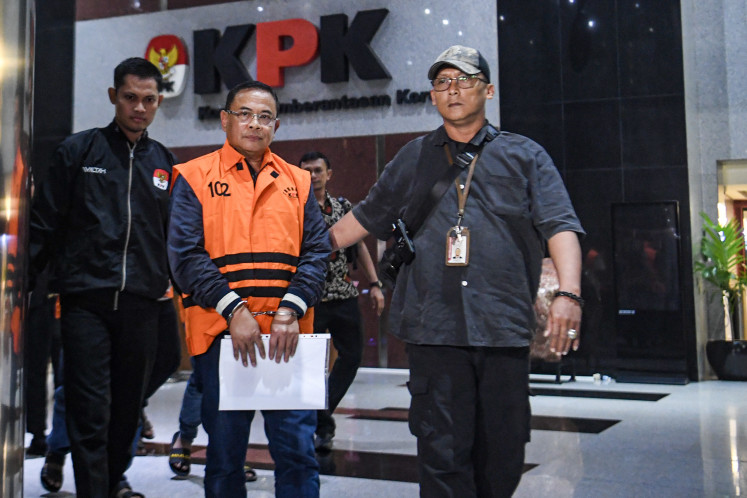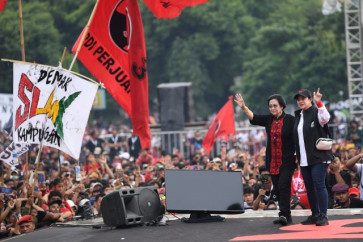Popular Reads
Top Results
Can't find what you're looking for?
View all search resultsPopular Reads
Top Results
Can't find what you're looking for?
View all search resultsThe PDI-P has a pivotal opposition role after the election
The PDI-P has the opportunity to champion the cause of democratic integrity, transparency and accountability.
Change text size
Gift Premium Articles
to Anyone

The Indonesian Democratic Party of Struggle (PDI-P) looks almost certain to lose the presidential election after its candidate pair of Ganjar Pranowo-Mahfud MD performed badly on Feb. 14, but it is also likely to retain its position as the country's largest political party for the third time in a row since 2014.
Despite the setback in the presidential race, the PDI-P's consistent success in the legislative arena reaffirms its enduring strength and resilience as a stalwart of the nation's political scene.
This juxtaposition of outcomes places the party at a crossroads, compelling it to reassess its strategies and redefine its role in the evolving political landscape after being the ruling party for 10 years.
After leading the ruling coalition of President Joko"' Jokowi" Widodo during his two five-year terms, which will end in October, the PDI-P has hinted at becoming an opposition force as it did under the presidency of Susilo Bambang Yudhoyono in 2004-2014. The party played quite an effective role as the voice of opposition for 10 years despite its minority position in the House of Representatives.
The defeat in the presidential election, particularly in traditional PDI-P strongholds such as Central Java, East Java, and Bali, reveals a complex interplay of voter dynamics that transcends party loyalty. This paradoxical shift underscores a broader narrative of political realignment and the emergence of new fault lines in the Indonesian electorate.
According to quick count results from Kompas research arm Litbang Kompas, the PDI-P secured the highest share of the vote in the legislative election, with 17-18 percent, followed by the Golkar Party, the Gerindra Party and the National Awakening Party (PKB). This order is unlikely to change when the General Elections Commission (KPU) announces its final results next month.

There have been fears that the next administration of Prabowo Subianto-Gibran Rakabuming Raka will tend to be marked by authoritarianism, due to Prabowo’s past as part of Soeharto’s New Order. In this context, the PDI-P's role as a counterbalance to the ruling administration is indispensable for preserving the democratic fabric of the nation.

















